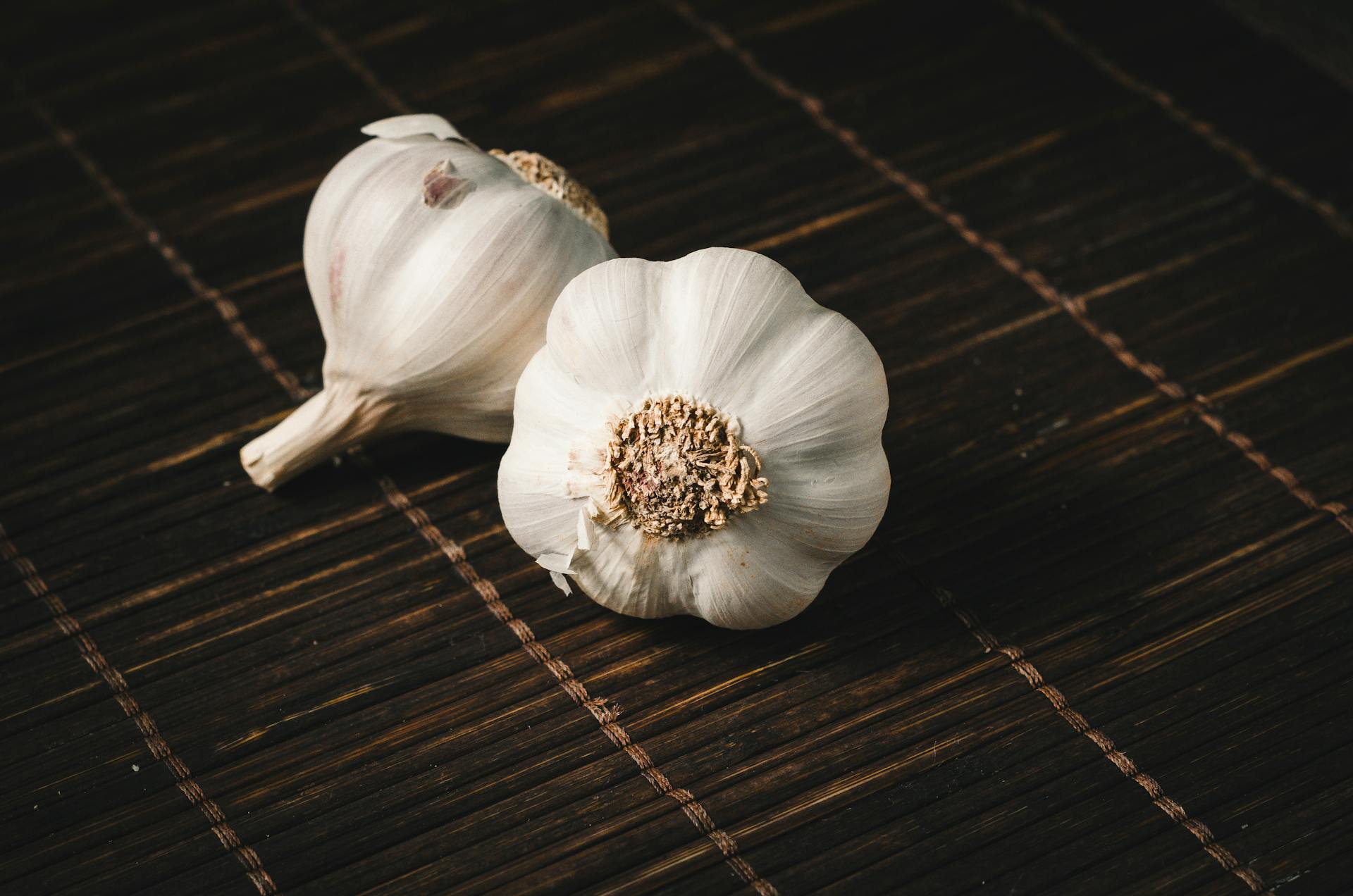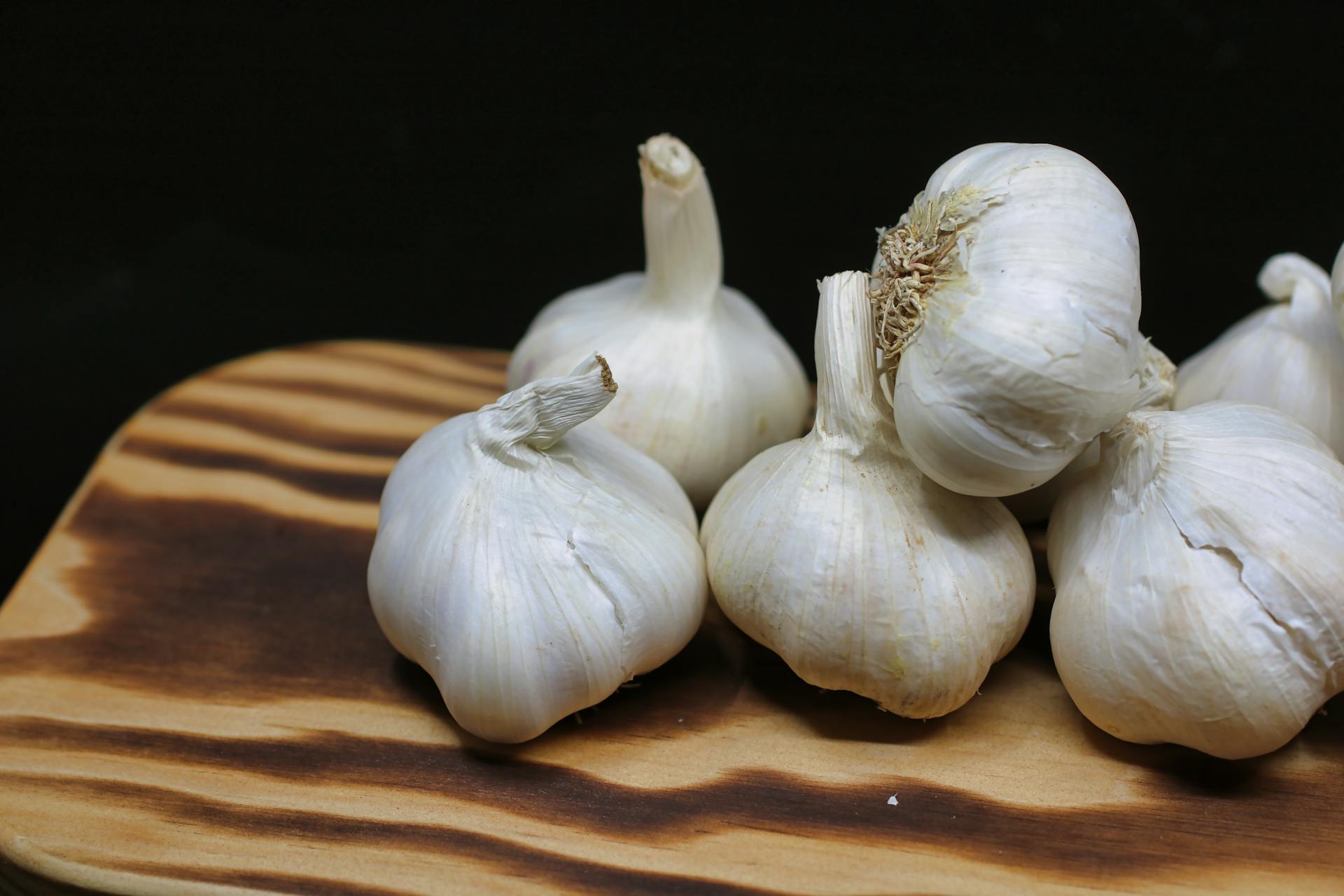What Happens to Your Health When You Include Garlic in Your Diet

Today, the scientific community has delved deeper into the remarkable properties of this humble superfood, uncovering a treasure trove of health-promoting compounds that make garlic a true powerhouse in the world of nutrition. In this comprehensive article, we will explore the incredible health benefits of garlic, and uncover the reasons why this aromatic ingredient should be a staple in your diet.
Nutritional Profile of Garlic
Garlic is a nutritional powerhouse, packed with an array of essential vitamins, minerals, and antioxidants. A single clove of garlic contains the following nutrients:
| Nutrient | Amount |
|---|---|
| Calories | 4.5 |
| Carbohydrates | 1 gram |
| Protein | 0.2 grams |
| Fiber | 0.1 grams |
| Vitamin C | 1% of the RDI |
| Vitamin B6 | 2% of the RDI |
| Manganese | 2% of the RDI |
| Selenium | 1% of the RDI |
In addition to these essential nutrients, garlic is also rich in a compound called allicin, which is responsible for many of its health-promoting properties. Allicin is a potent antioxidant that helps to neutralize free radicals and reduce oxidative stress in the body.
Health Benefits of Consuming Garlic
Garlic’s Role in Promoting Heart Health
One of the most well-documented health benefits of garlic is its ability to support cardiovascular health. Numerous studies have shown that regular consumption of garlic can help lower blood pressure, improve cholesterol levels, and reduce the risk of heart disease.
Garlic’s ability to lower blood pressure is attributed to its ability to relax and dilate blood vessels, improving blood flow and reducing the strain on the heart. Additionally, garlic’s antioxidant properties help to prevent the oxidation of LDL (bad) cholesterol, which can lead to the buildup of plaque in the arteries.
Garlic’s Potential for Preventing and Fighting Cancer
Emerging research has also highlighted garlic’s potential in the prevention and treatment of various types of cancer. Garlic contains a variety of sulfur-containing compounds, such as allicin and allyl propyl disulfide, which have been shown to possess potent anti-cancer properties.
These compounds can help to inhibit the growth and spread of cancer cells, while also inducing apoptosis (programmed cell death) in existing cancer cells. Studies have linked regular garlic consumption to a reduced risk of several types of cancer, including stomach, colon, and prostate cancer.
Garlic’s Antimicrobial Properties and Immune System Support

Garlic’s antimicrobial properties make it a powerful ally in the fight against harmful bacteria, viruses, and fungi. The active compounds in garlic have been shown to be effective against a wide range of pathogens, including Escherichia coli, Salmonella, and Staphylococcus aureus.
In addition to its antimicrobial effects, garlic also supports the immune system by stimulating the production of white blood cells and enhancing the activity of natural killer cells. This can help to bolster the body’s defenses against infections and illnesses.
Also read: The Tiny Titans of Nutrition…Discover the Incredible Benefits of Lentils
Garlic’s Impact on Lowering Blood Pressure and Cholesterol Levels
Numerous studies have demonstrated garlic’s ability to lower both blood pressure and cholesterol levels. The active compounds in garlic, such as allicin, can help to relax and dilate blood vessels, improving blood flow and reducing the strain on the heart.
Furthermore, garlic has been shown to inhibit the production of cholesterol in the liver, while also helping to increase the removal of LDL (bad) cholesterol from the bloodstream. This dual-action approach can lead to a significant reduction in overall cholesterol levels, ultimately reducing the risk of heart disease and stroke.
Garlic’s Ability to Improve Digestion and Gut Health
Garlic’s antimicrobial properties and prebiotic effects can also benefit the digestive system. The compounds in garlic can help to inhibit the growth of harmful bacteria in the gut, while also promoting the proliferation of beneficial probiotic bacteria.
This can lead to improved digestion, reduced inflammation, and a healthier gut microbiome. Additionally, garlic’s high fiber content can help to regulate bowel movements and prevent constipation, further supporting overall digestive health.
How to Incorporate Garlic into Your Diet
Incorporating garlic into your daily diet is a simple and delicious way to reap its numerous health benefits. Here are some tips for adding more garlic to your meals:
- Use fresh, minced garlic in your cooking, such as in sautés, stir-fries, soups, and marinades.
- Roast whole garlic cloves and spread them on toast or mix them into dips and spreads.
- Add garlic powder or granules to your favorite seasonings and spice blends.
- Incorporate garlic into your homemade salad dressings and vinaigrettes.
- Enjoy garlic-infused oils, such as olive oil or avocado oil, for cooking and dipping.
- Consider taking garlic supplements, but be sure to consult with your healthcare provider first.
Precautions and Potential Side Effects of Consuming Garlic

While garlic is generally considered safe for most people, it’s important to be aware of potential side effects and precautions:
- Garlic may interact with certain medications, such as blood thinners, antiplatelet drugs, and diabetes medications. Consult with your healthcare provider before consuming garlic if you are taking any medications.
- Consuming large amounts of garlic may cause digestive issues, such as gas, bloating, and heartburn, in some individuals.
- Garlic may increase the risk of bleeding, especially in people with bleeding disorders or those taking blood-thinning medications.
- Pregnant and breastfeeding women should consult with their healthcare providers before significantly increasing their garlic intake.
Conclusion: The Power of Garlic as a Versatile Superfood
Garlic is a true superfood, boasting an impressive array of health-promoting properties that make it a valuable addition to any diet. From its ability to support heart health and fight cancer to its antimicrobial effects and gut-friendly benefits, the power of garlic is undeniable.
By incorporating more garlic into your meals and daily routine, you can unlock the incredible health benefits of this mighty superfood and take a proactive step towards better overall well-being. Remember to consult with your healthcare provider if you have any concerns or are taking medications, and enjoy the flavorful and nourishing benefits of garlic. Don’t miss out on the opportunity to improve your health and well-being with the help of this amazing ingredient!




